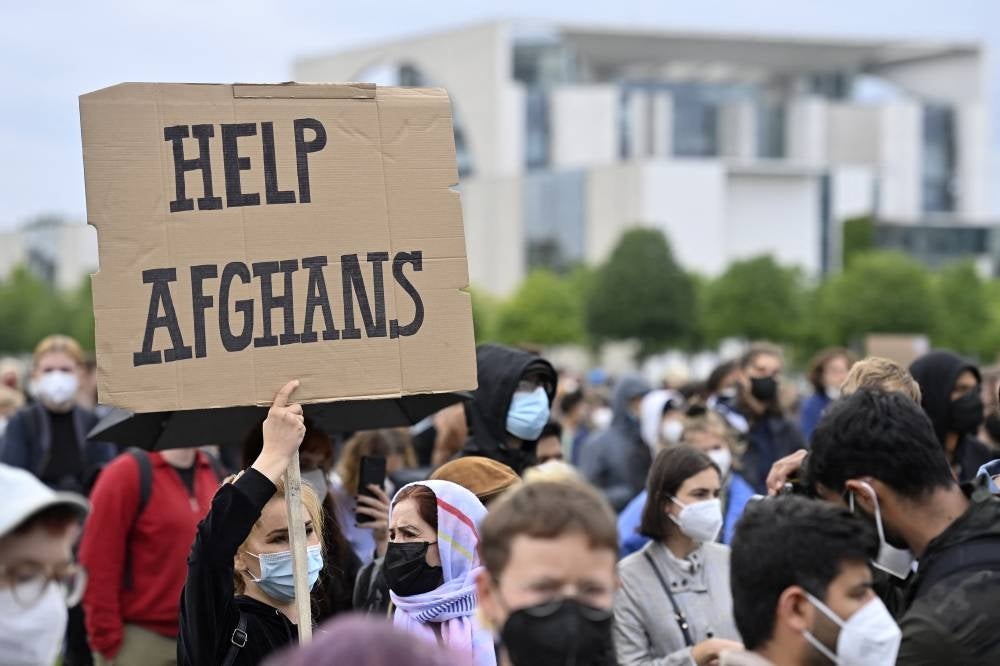Germany evicts Afghan refugees to accommodate Ukrainians

SHAH ALAM - Afghan refugees in accommodation shelters in Berlin are being displaced by the authorities to make way for Ukrainians who fled their country due to the ongoing conflict.
As authorities struggle to accommodate tens of thousands of people, those affected were moved to apartments, repurposed hotels and homeless shelters, RT reported.
However, the new adjustment was less ideal amongst the estimated 12,000 Afghan refugees taken in by Germany following the Taliban’s takeover last August.
According to a report by RT, in March, a man was separated from his mother and two brothers, while another woman, her husband, and two daughters were relocated twice, once to a facility for former criminals and then to a hotel that functioned as a homeless shelter.
Berlin Refugee Council board member Tareq Alaows said the evictions were not publicised on purpose.
“Some had lived in their homes for years and were ripped out of their social structures, including children who were moved to locations far from their respective schools.
“Few people’s living conditions improved, but most were afraid to speak up, afraid it could impact their immigration status,” Alaows told the media outlet, explaining that around 10 residences had been emptied in Berlin.
Since Russia launched its military incursion in February, more than 316,000 Ukrainians have officially arrived, with 60,000 of them registered in Berlin alone.
According to reports, these most recent arrivals will be processed in Berlin before being moved to various locations throughout Germany.
However some will remain in Berlin due to shortage of space for refugees.
The Senate Department for Integration, Labour, and Social Services in Berlin was reported to have made the decision, claiming that it was "based on operationally necessary and difficult considerations" and that there were no other options as Ukrainians, including women and children, required a roof over their heads and a bed.
Finding accommodations for the Afghans driven out was a costly endeavour after a court struck down a price control law, since local officials were keen to confine Ukrainians in a few limited processing sites.
Germans preferred to accept Ukrainian migrants over Afghans and others, according to polls conducted last year, which showed that 60 per cent of the respondents did not want their country to accept any more refugees.
Even as then-Chancellor Angela Merkel revealed plans to accept tens of thousands of Afghans, Merkel's CDU party head Armin Laschet urged voters that 2015 "must not be repeated," alluding to Merkel's decision to welcome around a million Middle Eastern and African migrants.
This was why it was surprising that 91 per cent of Germans supported authorities to take in refugees from Ukraine.
Liberal pundits and campaigners have accused European countries who decided to take in hundreds of thousands of displaced Ukrainians of applying "double standards" to refugees based on their country of origin.
“Of course it’s not the Ukrainians’ fault, but we have to reflect on our solidarity if it’s only targeting certain people.
“The last months showed that different treatment of refugees is possible, and this needs to be systematically anchored in our society,” Alaows said.












